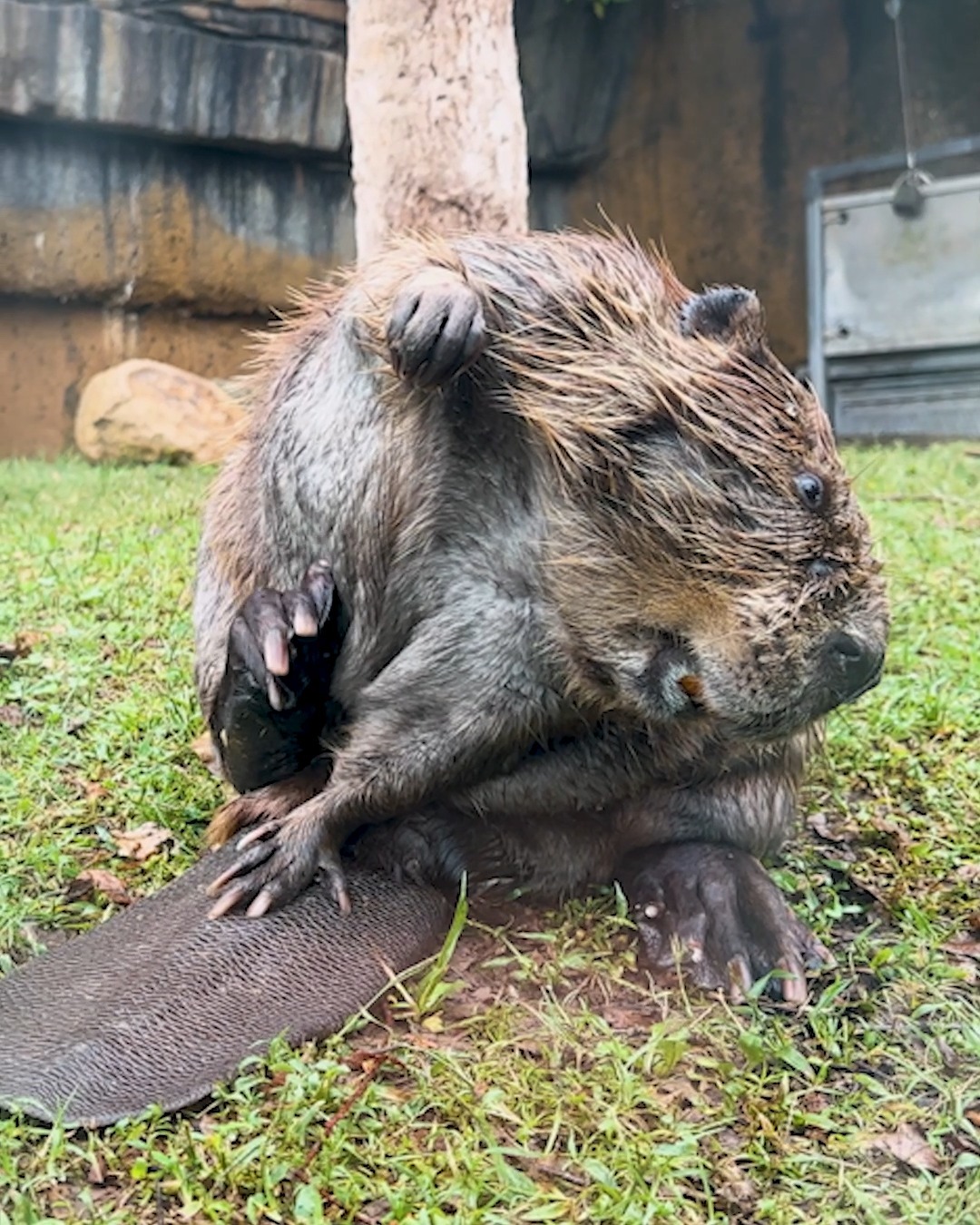- Celebrate International Beaver Day by understanding the ecological significance of beavers.
- Explore the biology and behavior of the North American beaver.
- Discover the role beavers play in ecosystem engineering and aquatic habitats.
- Discuss the importance of beaver conservation and the challenges faced in the wild.
- Learn about Zoo Knoxville’s efforts in education and awareness about beavers.
International Beaver Day offers an opportunity to spotlight the often-underappreciated beaver, a keystone species known for its profound impact on North American habitats. Beavers are essential urban and rural residents that significantly influence biodiversity and landscape formation. Let’s explore the magnitude of their contributions, starting with the understanding of their ecological significance.
Beavers, particularly the North American beaver (Castor canadensis), hold an ecological prominence due to their ability to dramatically alter environments. These industrious creatures are aquatic animals, equipped with distinct adaptations such as webbed feet, a broad tail functioning as a rudder, and dense, waterproof fur. With these features, beavers thrive in riparian environments. Their signature behavior, dam building, facilitates wetlands’ creation, which supports an array of wildlife including amphibians, birds, fish, and insects. The wetlands also improve water quality by filtering sediments and enhancing groundwater recharge, thereby benefiting both natural ecosystems and human communities.
The biology of the North American beaver is as captivating as its ecological roles. Beavers are the second-largest rodents in the world, capable of growing up to four feet in length including their tails, and weighing between 35 to 65 pounds. They live in family units and are known for their monogamous pairing. Their lodges — dome-shaped structures built from sticks and mud — are strategic, providing safety from predators and protection from harsh weather. Beavers’ teeth are remarkably suited for gnawing through wood; they never stop growing, requiring constant use to maintain optimal length and sharpness. Their incisors are reinforced with iron, which imparts a distinctive orange hue.
In their capacity as ecosystem engineers, beavers modify landscapes through dam construction, creating ponds that transform ecological dynamics. These structures regulate water flow, reduce erosion, and can even help in climate change mitigation by sequestering carbon within the wetland soils. For fish populations, particularly in migration corridors, beaver ponds offer breeding grounds and refuge, illustrating how beaver activities sustain ecological balance.
Beaver conservation is of paramount importance to maintaining these environmental benefits. Historically, beaver populations were depleted due to trapping and habitat destruction. Conservation initiatives have since facilitated some recovery, but challenges remain. Encroachment from agriculture, urban development, and climate change-induced shifts in water availability continue to threaten habitats necessary for beaver survival. Collaborations between conservationists, researchers, and policymakers are vital in addressing these challenges. Through a combination of policy protection, habitat restoration, and public education, efforts are underway to promote coexistence between humans and beaver populations.
Zoo Knoxville plays a vital role in fostering awareness and appreciation of beavers through direct engagement. The zoo’s interactive exhibits, such as Kids Cove, provide an educational space for visitors to observe beavers and learn about their ecology and conservation needs. Educational programs highlight the symbiotic relationships beavers share with other species and the broader environmental benefits they provide. By fostering a connection between the public and this species, Zoo Knoxville aims to inspire a conservation ethic that transcends the boundaries of the zoo.
In embracing International Beaver Day, we celebrate the beaver’s role in biodiversity and ecosystem health, reaffirming our commitment to preserving this remarkable species and the natural environments they enrich. Through education, conservation, and community involvement, both Zoo Knoxville and enthusiasts worldwide contribute to the ongoing legacy of the beaver — a true steward of its environment.
*****
Source Description
🦫 Happy International Beaver Day! 🦫
Today’s the perfect day to celebrate our busiest, wood-chomping residents here at Zoo Knoxville! Swing by Kids Cove and say hello to our trio of beavers — and wish them a Happy Beaver Day!


